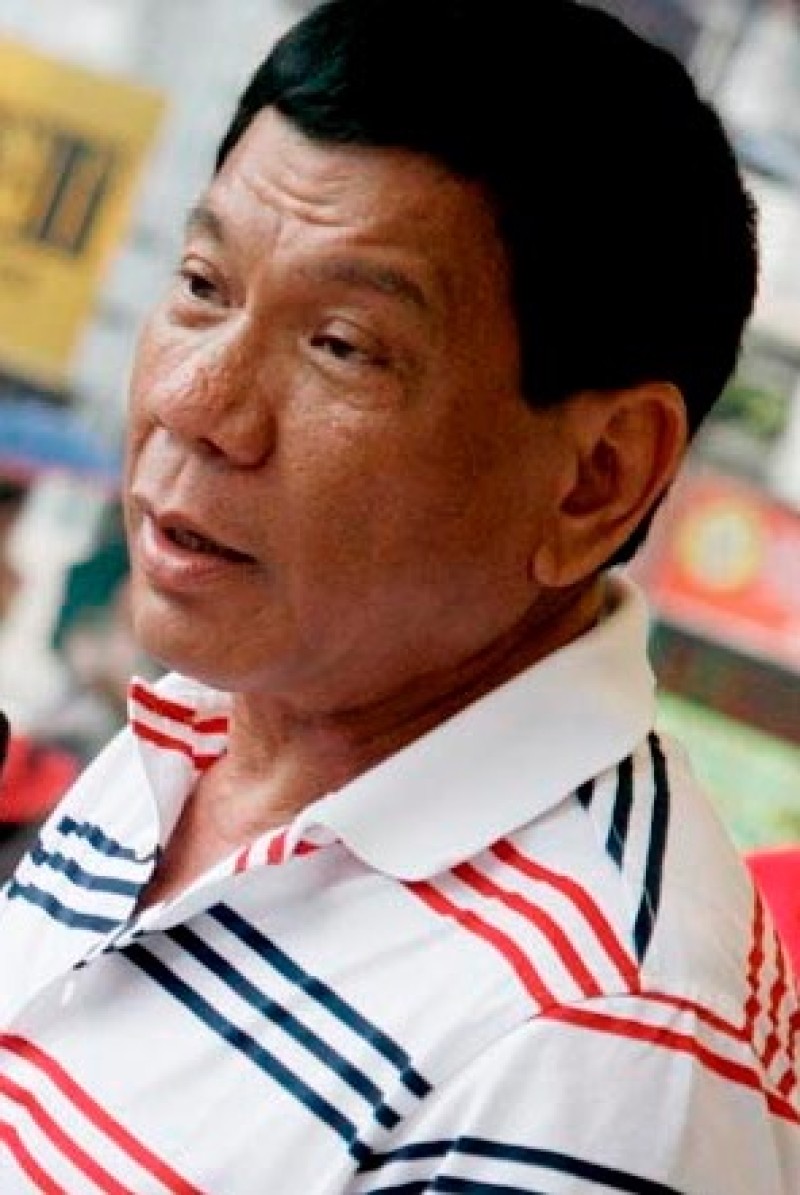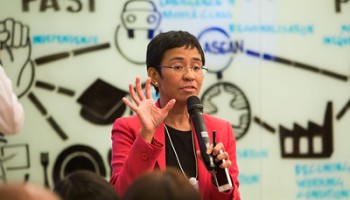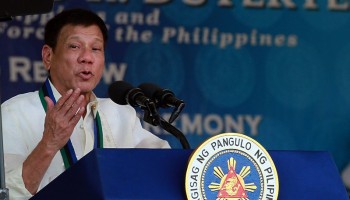Since Duterte came into office in 2016, he has been committed to a violent war on drugs that saw an estimated 4,948 drug suspects killed by police and thousands more killed by masked men, according to Human Rights Watch. During Monday’s address, Duterte said the illegal drug problem still exists and the criminal death penalty is the next step to fixing the problem.
“The drugs will not be crushed unless we continue to eliminate the corruption that allows the social monster to exist,” he said.
Duterte used a five-month police and military operation beginning in May 2017 targeting drug dealers, labeled terrorists, to illustrate why the death penalty is needed to punish drug crimes. He said 175 policemen and military men were killed and 2,001 were injured because of drug money.
Drugs are only one part of systematic corruption in the Philippines. Duterte criticized his government for allowing corruption to permeate its ranks and becoming the enemy of the people. He said government corruption has become a national embarrassment and shame that must be cleansed and washed away like blood.
“I have met the enemy face to face and suddenly the enemy is us,” Duterte said. “We are our own demons, we are as rapacious predators preying on the helpless, the weak and the voiceless.”
In order to root out government corruption, Duterte has fired over 100 officials and given marching orders to their replacements to go after department corruption.
“There is no sacred cow in my administration,” Duterte lamented.
In the past, the Philippines has seen a high amount of corruption from extensive bribery involving public officials and public services to bribes within the Bureau of Customs, according to Gan’s Anti-Corruption Portal.
Duterte called out the Bureau of Customs praising them for doing their job but criticizing them for being corruption-ridden, with 63 customs officers facing criminal charges.
On Tuesday, members of the Senate told local media that Duterte’s law to re-establish the death penalty may pass by 14 votes. Former president Gloria Macapagal-Arroyo repealed capital punishment in 2006.






